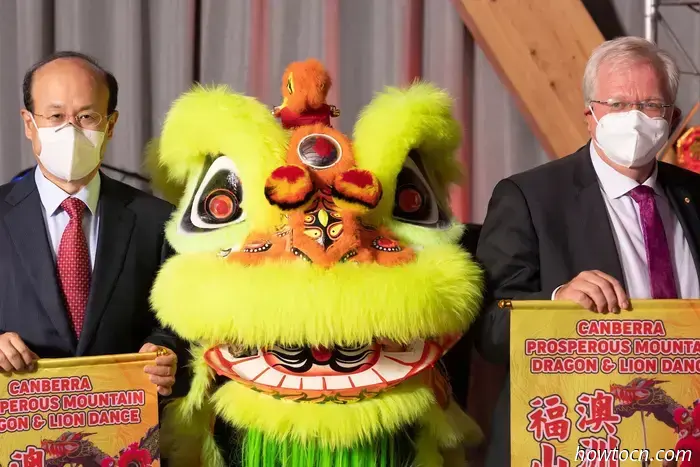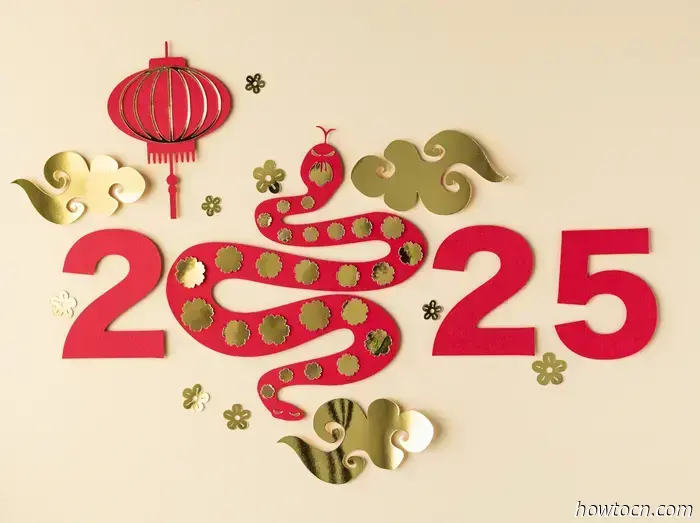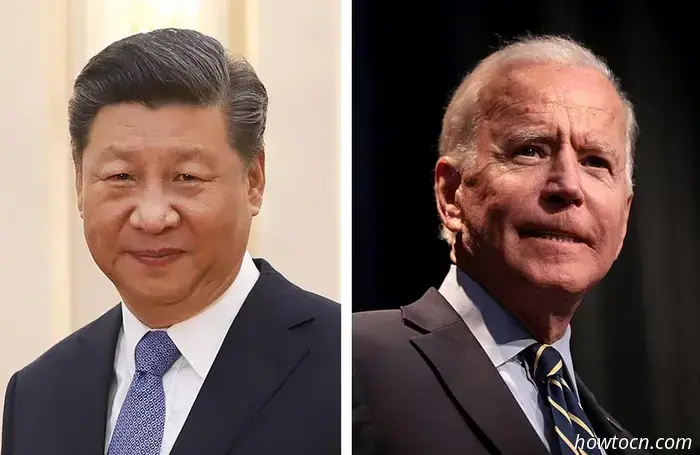.jpg)
No, your stools are not suddenly much smellier now that you’re in China (though they might be). It’s not just you either: bathrooms here often have a stronger odor. If you’ve ever encountered a revolting, sulfuric sewer smell coming from your bathroom that you can't account for, you understand what we mean. Fortunately, there’s a straightforward explanation for this issue and several ways to address it.
Understand the problem
Are you ready for Plumbing 101? Wastewater from showers, toilets, and sinks in individual apartments flows into underground sewer systems through one or more central vertical pipes. The top of the pipe usually vents out through the roof into the open air, while the bottom connects directly to the sewer. In most Western countries, wastewater plumbing systems include P-traps, or U-bends, in every apartment. In fact, it’s illegal in many places not to have them. Besides catching valuable items that may accidentally go down the drain, these traps form a barrier between the sewer pipes and your home by maintaining a sufficient water level in the 'u'-shaped section. This barrier stops unpleasant (and harmful) sewer gases from entering your living space.
As you may have guessed, many older buildings in China often lack this plumbing feature, and the absence of a P-trap is likely (though maybe not the only) reason for the unpleasant odors in your bathroom. Unless you want to embark on a major renovation project, the easiest solution is to establish a series of physical barriers.
The main sources of bad odors are typically the shower drain, the washing machine drain, and the bathroom sink. Contrary to their bad reputation, toilets (which already have a water barrier) are not usually the source of that distinct smell we all know.
So, how can you block these drains? Here are some useful products we’ve tested in the Beijinger offices over the years:
For the shower drain
For the washing machine drain
For the hand basin
But before you seal everything up...
Clean the drains
Take some time to find trapped hair and accumulated soap scum, and please stop using Draino. It’s needlessly harsh and not environmentally friendly. Our favorite alternative is cheap, effective, non-toxic, and consists of a mix of salt and hot water. Click here for more information.
Now that you’ve cleaned things up, it’s time to establish some new habits, specifically...
Stop flushing toilet paper
We know this might seem gross. But you know what’s even grosser? Having to plunge your clogged pipes every day. The pipes in most Beijing buildings are simply too narrow and old for paper. Buy a small bin with a flip lid, some biodegradable liners, and dispose of the paper there. You’ll get accustomed to it.
Create a pleasant-smelling environment
Now that you’ve gotten rid of the bad smells, you can enhance your bathroom's fragrance with diffusers, incense, and scented candles. Or if you prefer a neutral odor, consider using activated bamboo charcoal, which is an effective odor absorber.
Happy bathroom experiences, Beijing!
.jpg)
.png)
.png)
.png)
.jpg)

Biography of Xiao Qian: The New Chinese Ambassador to Australia and His Role in China-Australia Relations
-for-the-CNY-Holiday-2025.png)
If you intend to be in Beijing during Spring Festival, you might be curious about which places will be open during the holiday.

The Chinese Zodiac is a fascinating aspect of the culture during the Spring Festival, so let’s explore its origins and uncover its rich history!

Prior to the Lunar New Year of 2022, a video surfaced on Chinese social media showing a woman chained by her neck to a wall. The incident involving Little Plum Blossom has resonated across China in a manner that earlier human trafficking cases have not.

Ngan Shun-kau, the ex-Red Guard leader who has become a literary editor, interprets the significance of the two Chinese proverbs referenced by Xi Jinping and the Ministry of Foreign Affairs in relation to the Russia-Ukraine conflict.
-Politics-in-Command-Xi-Jinpings-July-Visit-to-Xinjiang-The-China-Story.jpg)
Xi Jinping, the leading figure of the People's Republic of China (PRC), conducted a four-day 'investigative tour' of eastern Xinjiang in mid-July—marking his first visit to the Uyghur Region since 2014. At first glance, the trip and its public narrative seem similar to those of his predecessors. However, the ideological emphasis of Xi's comments during the visit centered on a historical account showcasing an innate sense of Zhonghuaness, where Uyghurs, Kyrgyz, Kazakhs, and other indigenous peoples of Xinjiang were included from the outset. This narrative is notably inclusive, minimizing non-Han ethnic identities not by rejecting them, but by subsuming them into a broader, constructed category. In essence, Xi’s interpretation of Zhonghua-ism has harnessed the notion of a collective identity for colonial objectives, emphasizing a shared history, common territory, and a sense of unity expressed through 'root veins.'
Have you detected a gag-reflex-inducing, sulfurous, sewer-like odor coming from the bathroom in your Chinese apartment?